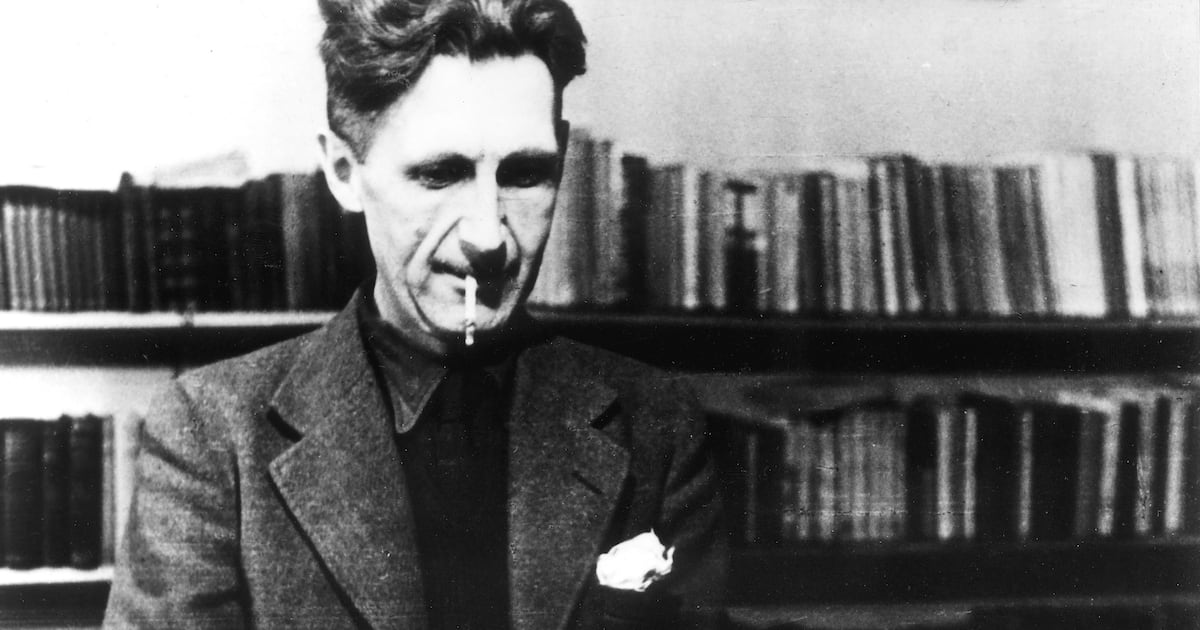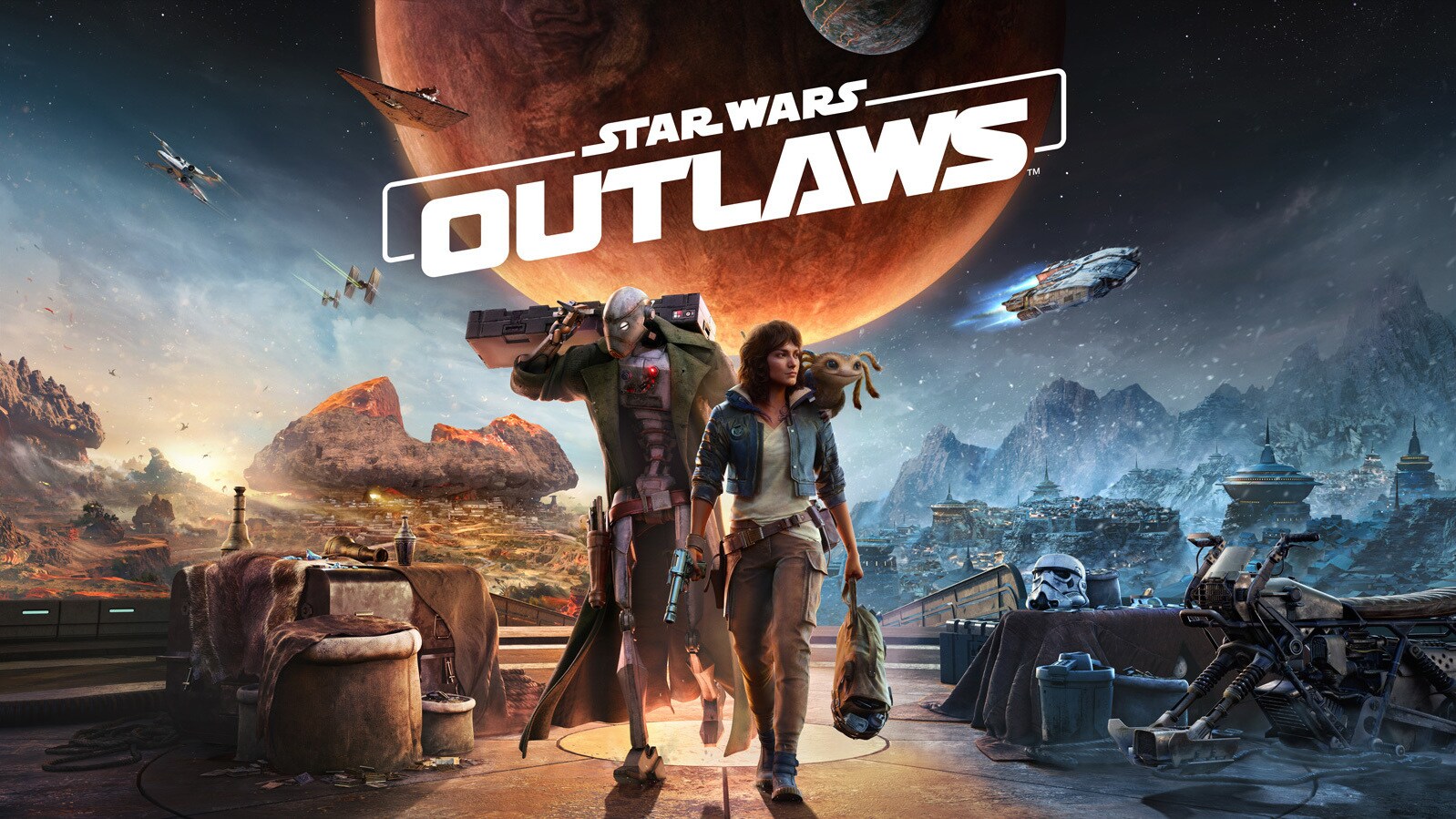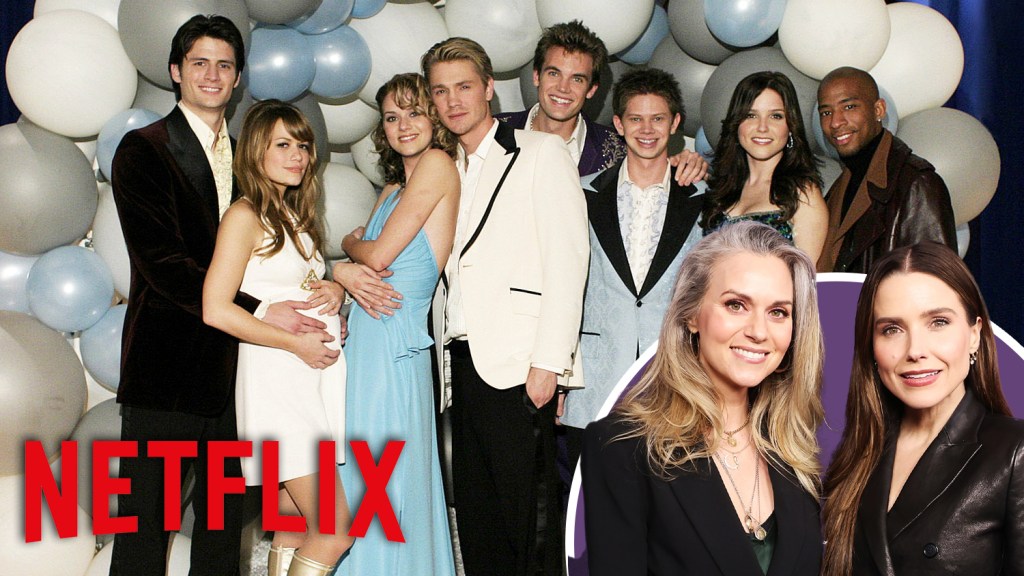Orwell's Warning: Why 'Nineteen Eighty-Four' Feels More Urgent Than Ever

When George Orwell penned his dystopian masterpiece, *Nineteen Eighty-Four*, in a remote Scottish farmhouse in 1948, he wasn't predicting the future. He was sounding an alarm. Today, the world he imagined seems less like a fictional construct and more like a chilling reflection of our reality.
Our lives are increasingly monitored, our choices influenced by algorithms, and our data monetised by technologies like Alexa and Siri. We are bombarded with a constant stream of information, leaving us struggling to decipher truth from fabrication. The rise of "alternative facts" and the control wielded by a handful of powerful media organisations only exacerbate this sense of disorientation. It is no wonder that *Nineteen Eighty-Four*, published 75 years ago in 1949, returned to the bestseller list in 2017, following the emergence of the term "alternative facts" by Donald Trump's advisor Kellyanne Conway.
The novel depicts a future dominated by three totalitarian states, each relentlessly surveilling and controlling its citizens. This chilling vision resonates with contemporary realities. From Russia's state-controlled media framing its invasion of Ukraine as a "special military operation" to China's social credit system, which ranks individuals based on their perceived trustworthiness, the echoes of Orwell's warning are undeniable. Israel's war on Palestine, with its genocidal acts justified under the guise of protecting Judaism, and North Korea's hereditary dictatorship, where the Kim family's personality cult claims the late Kim Jong II invented the burrito, further reinforce this unsettling parallel.
The world of *Nineteen Eighty-Four*, with its oppressive regime and relentless manipulation of truth, feels increasingly familiar. We live in an age where social media platforms like Instagram dictate how we present ourselves, encouraging curated images of luxury and success, even as reality may be far different. The news cycle is dominated by stories of conflict, oppression, and anarchy, while a plague of disinformation, fuelled by deepfakes and populist authoritarian leaders, erodes trust in institutions and leaves ordinary people struggling to discern the truth.
This age of disinformation has seen a resurgence of censorship, with book bans sweeping across American public schools, far-right influencers promoting harmful ideologies, and voices speaking out against genocide silenced online. It is a chilling reminder that the freedoms we take for granted are fragile and vulnerable. The prospect of *Nineteen Eighty-Four
itself being removed from library shelves â a possibility that seems increasingly plausible in this climate of censorship â is a stark warning. As the novel famously states, âAlways, at every moment, there will be the thrill of victory, the sensation of trampling on an enemy who is helpless. If you want a picture of the future, imagine a boot stamping on a human face â forever.â
Orwell, whose real name was Eric Arthur Blair, wrote *Nineteen Eighty-Four
during a period of ill health and profound anxiety about the state of the world. He was deeply concerned about the erosion of truth and the growing power of oppressive regimes over the individual. His concerns resonate with the political climate of today, where accountability seems to be a luxury reserved for the powerless. We have seen this in the rise of demagogues like Nigel Farage, whose pronouncements were rarely subject to scrutiny, and in the interference of foreign governments in democratic elections, as witnessed in the 2016 US presidential campaign.
*Nineteen Eighty-Four
is ultimately a story about a man desperately trying to hold onto what is real in a world that has become a twisted reflection of itself. Today, many seem to have willingly surrendered to groupthink, finding comfort in echoing the opinions of others rather than seeking out truth. This leads to scapegoating, with asylum seekers blamed for societal problems instead of the politicians responsible, and the rise of hateful ideologies like incels, who perpetuate misogyny instead of confronting their own internal struggles.
At the climax of the novel, the character of Winston is forced to accept the notion that two plus two equals five, a testament to the power of a totalitarian regime to manipulate reality. This resonates with the feeling of powerlessness that many experience in the face of powerful institutions and the constant bombardment of information. We readily agree to terms and conditions without reading them, blindly accepting the pronouncements of authority figures, and allowing our personal information to be harvested by tech giants. These seemingly innocuous acts, when aggregated, contribute to a chilling erosion of individual agency and contribute to the Orwellian reality we find ourselves in.
A society that can read *Nineteen Eighty-Four
cannot be the society it describes. Yet, whether we call them Big Brother and the Thought Police or big tech and social media platforms, these powerful entities continue to exert their influence, persuading us to willingly suppress our intellectual freedom. As Orwell himself wrote, "What is needed is the right to print what one believes to be true, without having to fear bullying or blackmail from any side." His warning, once a cautionary tale, is now a stark reflection of our present reality. It is a reminder of the fragility of our freedoms and the importance of actively defending them, lest we sleepwalk into the dystopian world he so eloquently depicted.





